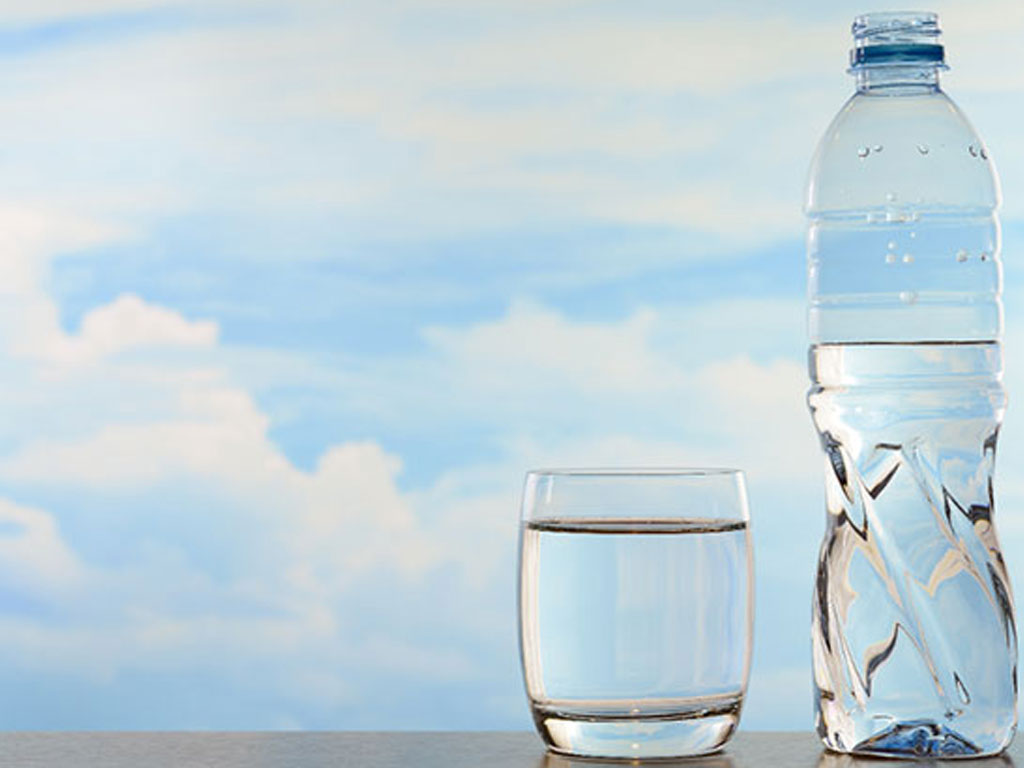
Ships usually have only one system, a freshwater generator, on board that converts seawater to Potable water using desalination, reverse osmosis, and UV treatment. Potable water is used for drinking, cooking, dishwashing. Fresh water for laundering, sanitary purposes, washing up, bathing etc. Sometimes, ships are bunkered with water from various sources, such as directly from the port, by water tankers, bottled water, or ice bars.
World Health Organisation (WHO) Guide to Ship Sanitation (2011) & Guidelines for Drinking Water Quality (2017): To prevent waterborne diseases, Water from port water systems, tankers, and barges must meet WHO standards or national regulations.
ISO standards: Concerning the design and construction of ship water supply systems and the assessment of drinking-water quality.
Marine Life-Saving Appliance Code (LSA): Contains additional information on the need for drinking-water in rescue boats.
International Health Regulations (IHR): Oblige WHO States Parties to develop basic port infrastructure, including drinking-water supply.
offshore labs can provide a complete package of potable water testing, presence of bacteria, such as E. coli, coliforms HPC. ETE.Coli- linked to ice-cooled drinks and tap water.
Offshore lab test detects the presence of viruses, such as norovirus and rotavirus. Enhance the periodical testing improves seafarer health.
Offshore Lab based test detects the presence of chemicals, such as lead, mercury, and arsenic Etc.

60 Kaki Bukit Place,
Unit No:02-19,
Eunos Tech Park,
Singapore-415979
+65 9070 9416
+91 97315 46356
Copyrights © 2024 JOSHTEK MARINE LAB.
Developed by YOGA’S IT Solutions.